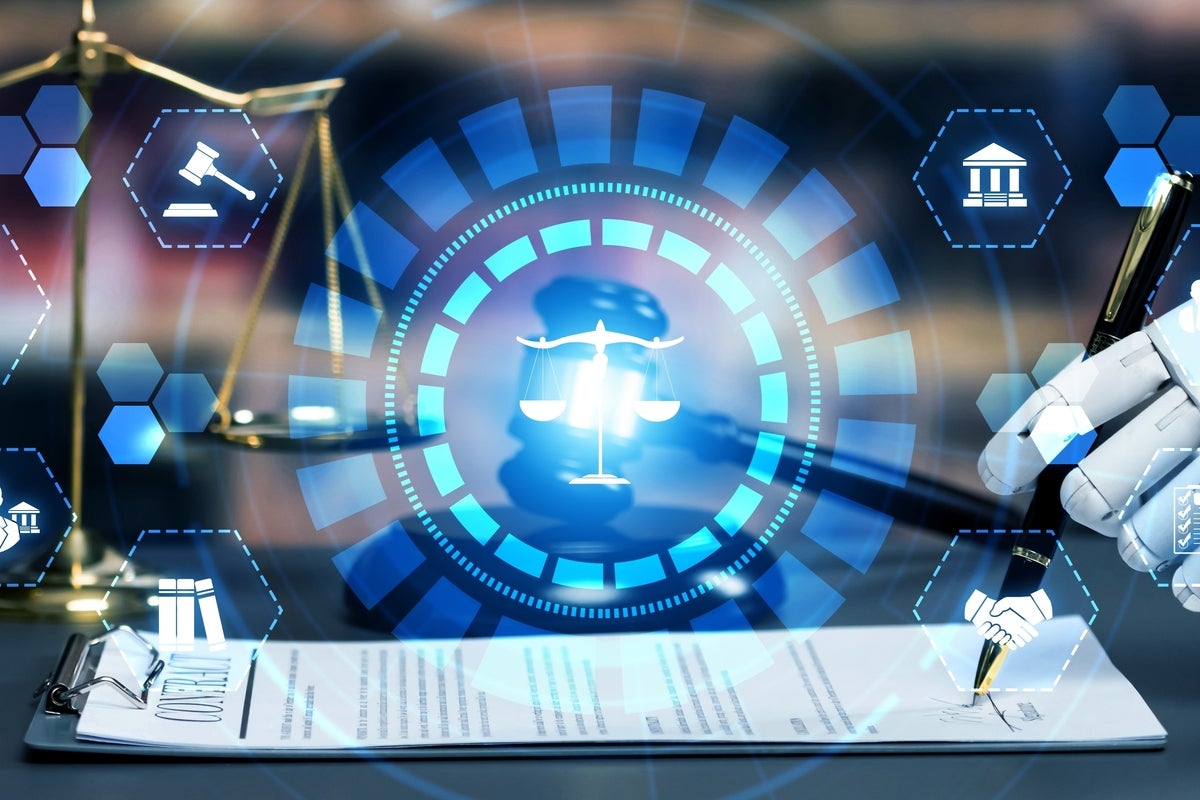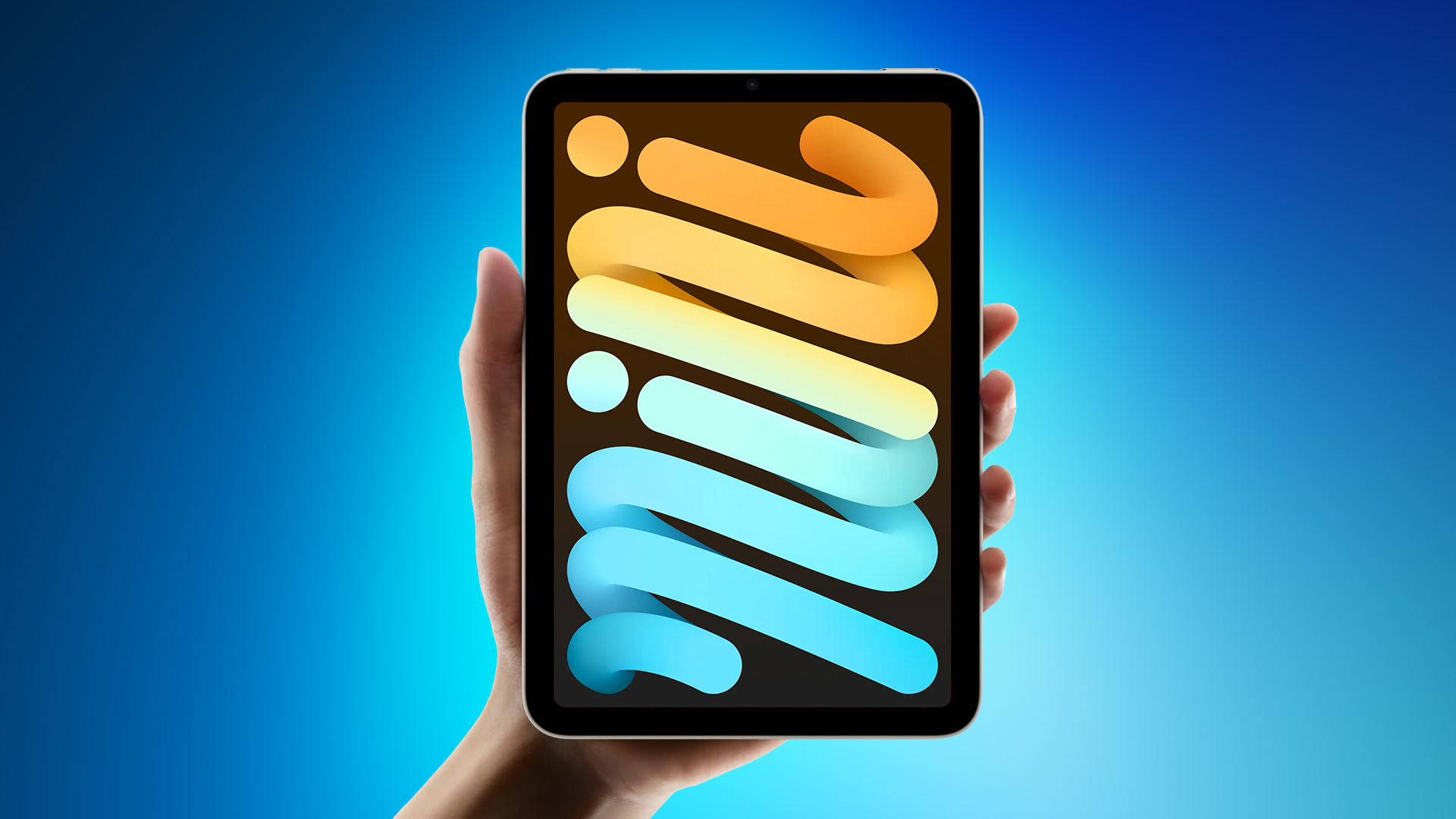Over the past three decades, Thomson Reuters has relied on artificial intelligence (AI) to help its clients — and its own employees — sift through troves of digital documents to discover those most relevant to the issue at hand.
But when generative AI (genAI) burst onto the scene in late 2022, the company was forced to rethink its AI strategy to stay ahead of competitors and address an insatiable client demand for industry-specific information.
Thomson Reuters in November unveiled its genAI strategy and product rollout after its integration with Microsoft Copilot, along with a $650 million acqusition of genAI tech provider Casetext and a pledge to invest $100 million annually in new genAI tools for internal and client use.
To read this article in full, please click here
Over the past three decades, Thomson Reuters has relied on artificial intelligence (AI) to help its clients — and its own employees — sift through troves of digital documents to discover those most relevant to the issue at hand.But when generative AI (genAI) burst onto the scene in late 2022, the company was forced to rethink its AI strategy to stay ahead of competitors and address an insatiable client demand for industry-specific information.Thomson Reuters in November unveiled its genAI strategy and product rollout after its integration with Microsoft Copilot, along with a $650 million acqusition of genAI tech provider Casetext and a pledge to invest $100 million annually in new genAI tools for internal and client use.To read this article in full, please click here Read More Computerworld

















+ There are no comments
Add yours